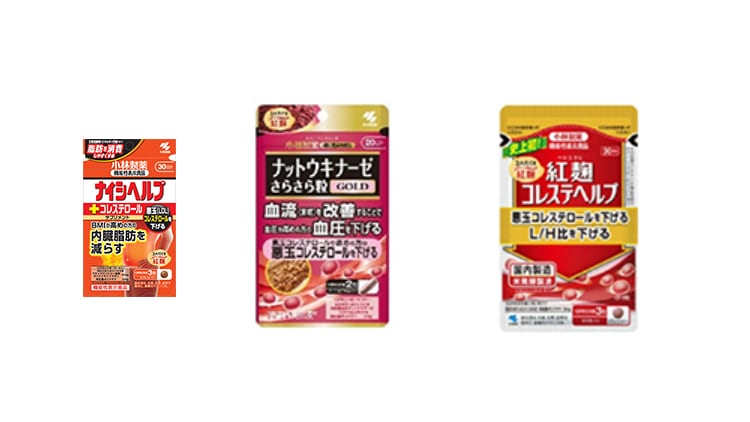Companies which engage contract manufacturers would also need to ensure that these manufacturers are compliant to GMP standards.
The CAA, on the other hand, will conduct onsite inspections at the manufacturing plants.
Prior to this, FFC manufacturers were only strongly recommended to follow GMP, but there has been growing interest in securing the status. Contract manufacturers, for instance, believe that getting GMP will help acquire more customers, while brand owners believe that doing so will help boost exports.
Last December, the CAA also conducted a public consultation on implementing GMP guidelines for companies making FFC in supplement forms.
On top of making GMP mandatory, the CAA also wants businesses to report cases of adverse health events suspected to be linked to the consumption of their products – even if the actual cause-and-effect relationship is not yet clearly established.
The cases should also be reported regardless of severity, so long as there is a doctor’s diagnosis involved.
Companies that did not comply or have violated the rules could be banned or suspended.
Speaking to NutraIngredients-Asia, Hisaaki Kato, president and founder of consultancy firm Smooth Link (Japan), said that making GMP mandatory to FFC supplement manufacturers was a "very natural" progression.
"I think people are saying that this is a very natural progression, because it has been polled that FFC must follow GMP standards, but at this stage, health foods GMP will be applied to those in the dietary supplement format, like tablets, capsules, powder, and not for those in the processed food format."
The cost of securing the certification could cost 550k yen (US$3,501), with yearly on-site audit costing 300k yen (US$1,910) and triennial renewal audit at 480k yen (US$3,056).
There are two certification bodies running health foods GMP at the moment, including Japan Health and Nutrition Food Association (JHNFA).
Kato pointed out that the government was trying to play a more involved role through the new policies.
"In the past, everything is under the responsibility of the businesses that have made the FFC notification, but the government will now bring more academia, researchers, and experts to review the content that the businesses have put up through the notifications, especially regarding health claims made."
Based on expert recommendations
The above decisions were made based on the recommendations from a committee set up by CAA to review the FFC system.
The nine-person committee, chaired by Professor Takehisa Nakagawa from Kobe University Graduate School of Law / Faculty of Law, had conducted six meetings between April 19 and May 23.
It was formed in response to cases of kidney failures and five reported cases of deaths linked to the consumption of Kobayashi Pharmaceutical’s red yeast rice supplements.
On its final meeting, the committee presented its recommendations to improve the current FFC system.
“If the information is obtained from medical personnel etc, the company should be required to report the information regardless of the severity of the symptoms, without having to evaluate the information and decide whether to report it…”
“Reporting should not be limited to supplements, but should cover all foods with functional claims, if the submitter of a food with functional claims receives information about a product that has been diagnosed by a doctor and for which a causal relationship with health damage cannot be denied, directly from the doctor, or from a customer or pharmacist. etc,” said a report summarising the committee’s recommendation.
Kobayashi Pharmaceutical has been criticised for taking more than two months to report cases of kidney ailments to the authorities.
As of May 29, there were 1,614 medical cases linked to the consumption of Kobayashi Pharmaceutical’s red yeast rice products. Five deaths have been reported and 284 hospitalised.
Reporting the adverse cases in time could also curb the spread of more cases developing, said the committee.
“Unlike pharmaceuticals, there are no restrictions on the intake of foods with functional claims, so if a health hazard were to occur, there is a risk that the outbreak could spread rapidly. Therefore, even if the obtained information is insufficient, it is appropriate to promptly report it to administrative agencies,” said the committee.





